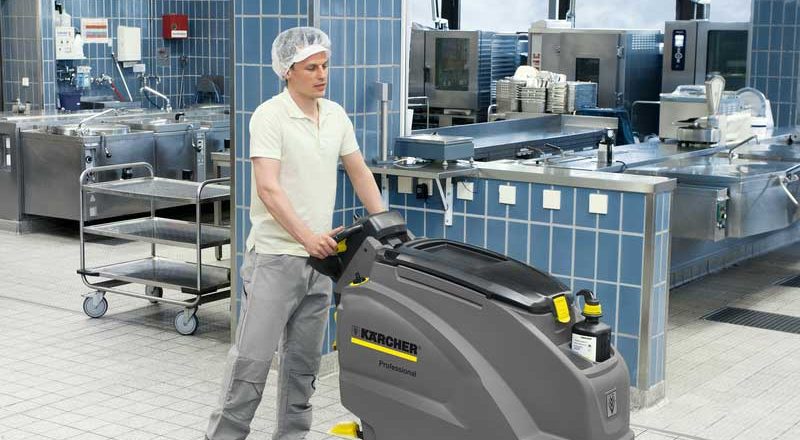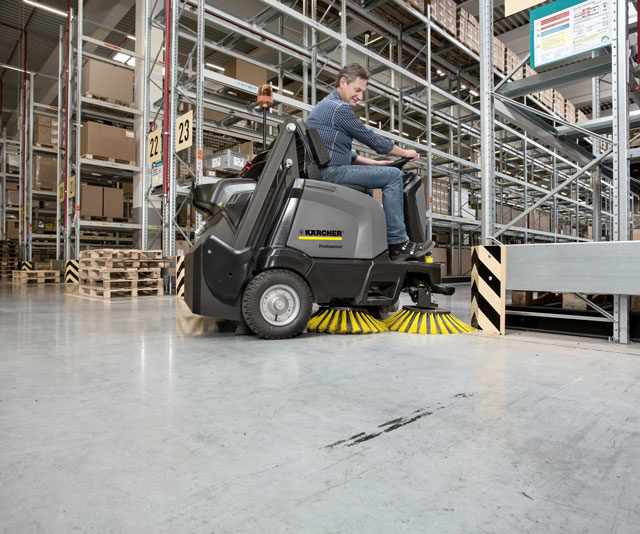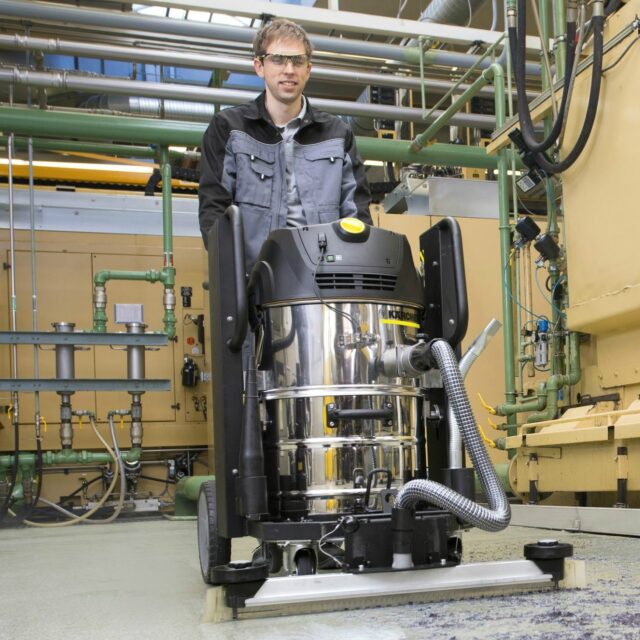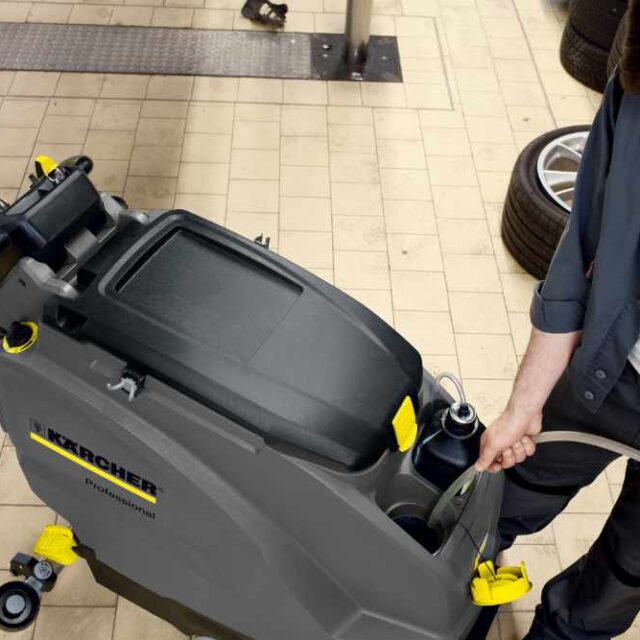Despite the words sometimes being used interchangeably, cleaning, disinfecting and sanitising do not mean the same thing. Often sanitising and disinfecting come under the broad term of ‘cleaning’ within the food industry but they actually have their own definitions.
The definitions
Cleaning
Cleaning involves the removal of visible or obvious debris and organic substances from surfaces. Cleaning a surface means removing visible debris, dirt or dust. Cleaning usually involves using a cloth and a cleaning detergent or soap. The Food Standards Agency (FSA) recommends that food businesses use disposable single-use cloths when cleaning to avoid the risk of cross-contamination. Where single-use cloths cloths are not an option, colour coding cloths for use in different areas, such as raw and ready to eat areas is vital. This way, cross-contamination cannot occur.
Sanitising
Sanitising is the reduction of bacteria and removal of contaminants which can cause sickness. Sanitising is used in conjunction with another cleaning method to completely remove bacteria and is often used in high-traffic touch points, where it is important to reduce bacteria and contaminants by 99.9%. Often sanitisers need to be mixed to a certain dilution and left on surfaces for a set period of time to work effectively. Sanitisers combine both cleaning and disinfection properties in a single product, usually as a spray. It should be noted that when sanitisers are used in a single-stage process, they do not work as a disinfectant for cross-contamination.
Disinfecting
Disinfecting is the complete removal of pathogens and disease-causing microorganisms. The process of disinfecting destroys almost 99.99% of pathogens and disease-causing microorganisms within a matter of minutes. Disinfectants do not work on visibly dirty surfaces, so it’s important to clean the surface first before any disinfecting is does. This is known as a two-stage process.
Hygiene tips for the food industry
The Food Standards Agency recommend the following things:
• All staff must wash and dry their hands thoroughly before handling food
• Food areas and equipment must be cleaned and disinfected between different tasks, especially after handling raw food
• Clear and clean as you go. Clear away as you work, do not let food waste build up, and clean work surfaces thoroughly
• Only use cleaning and disinfection products that are suitable for the job, and follow the manufacturer’s instructions
• Disinfection products should meet BS EN standards (BS EN 1276 or BS EN 13697)
It’s vital to have adequate cleaning equipment in the food industry. The FSA advises that food businesses use various pieces of industrial cleaning equipment including a dishwasher, sterilising sink, or steam cleaners to clean and disinfect equipment and utensils.
















